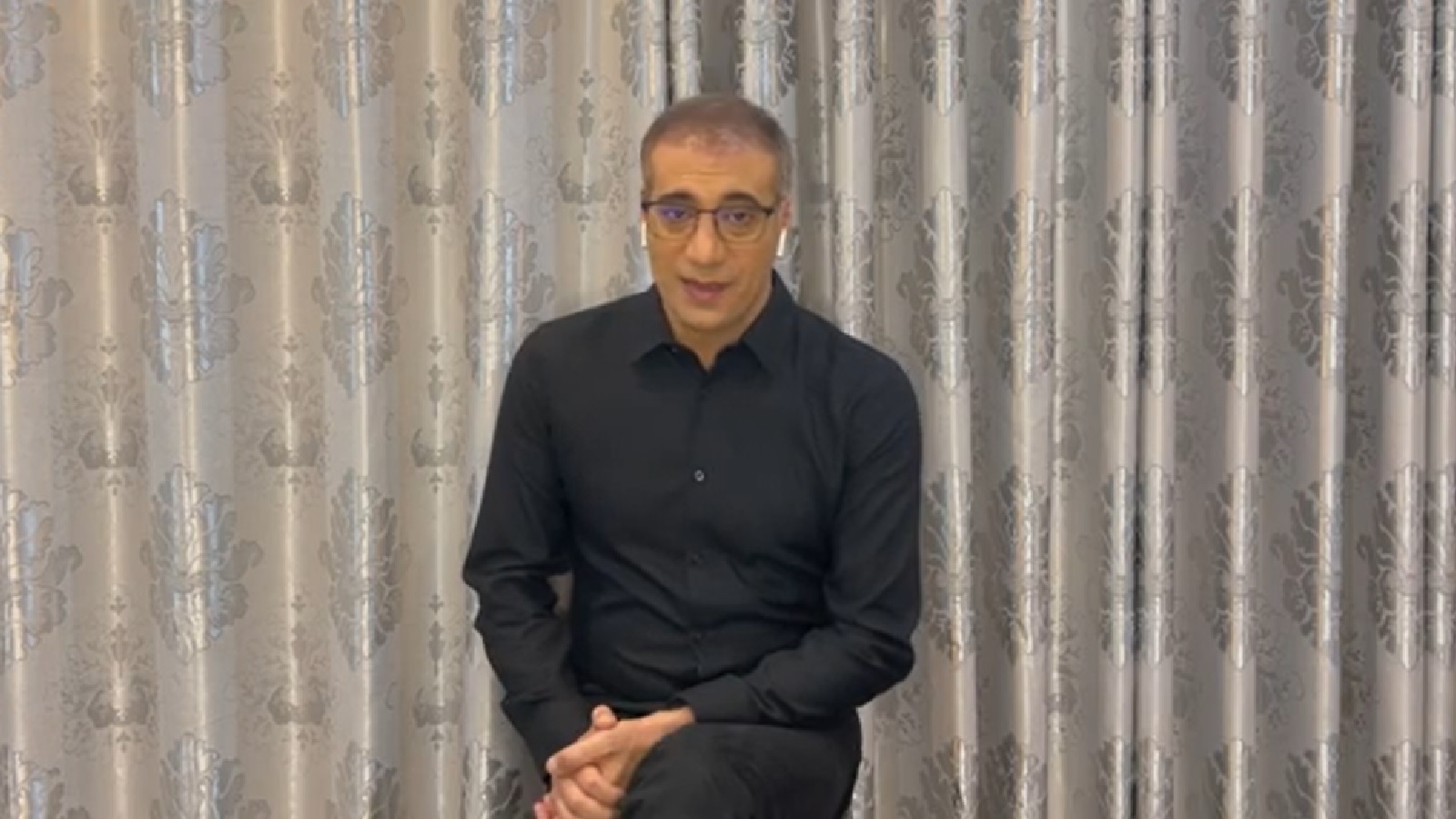Iranian-American journalist Reza Valizadeh, formerly employed by a U.S. government-backed broadcaster, is believed to have been detained in Iran for months, marking a tense escalation in Iran-U.S. relations amid other geopolitical strains.
Valizadeh’s detention coincides with Iran’s commemoration of the 1979 U.S. Embassy takeover and follows a recent warning by Iran’s Supreme Leader Ayatollah Ali Khamenei to retaliate against the U.S. and Israel for any attacks. This announcement occurred as U.S. B-52 bombers were deployed to the Middle East, signaling an intensification of the longstanding hostilities between Tehran and Washington.
Valizadeh had previously worked for Radio Farda, a station managed by Radio Free Europe/Radio Liberty, an organization funded by the U.S. Agency for Global Media and viewed as antagonistic by Iran. In early 2024, Valizadeh reportedly returned to Iran, despite security risks, after his family members were allegedly detained to pressure his return.
His social media posts from that time suggest he may have attempted negotiations with the Iranian Revolutionary Guard but returned without any security assurances. Following his arrival, rumors and unconfirmed reports suggested he had been detained again and imprisoned in Tehran’s Evin prison, where he now awaits a closed-door trial in Iran’s Revolutionary Court.

Iranian-American journalist Reza Valizadeh
The U.S. State Department confirmed awareness of Valizadeh’s arrest but noted limited information due to strained diplomatic relations with Iran. The U.S. relies on Swiss intermediaries to communicate with Iran, given the absence of direct diplomatic ties, and has condemned Iran’s history of detaining foreign nationals for political leverage.
Radio Free Europe/Radio Liberty expressed grave concern over Valizadeh’s situation, emphasizing the Iranian regime’s pattern of intimidation and threats toward media professionals. Iran’s government has not publicly acknowledged his detention, and officials at Iran’s U.N. mission declined to comment on the matter.
This situation unfolds in a broader context where Iran has historically used foreign detainees as bargaining tools in diplomatic negotiations. In September 2023, for example, Iran and the U.S. negotiated the release of five detained Americans in exchange for five Iranians held in the U.S. and the unfreezing of $6 billion in Iranian assets. Valizadeh’s detention marks the first reported case of an American detained in Iran since that exchange, and it highlights a pattern of detainment strategies linked to high-stakes geopolitical negotiations.
Simultaneously, Iran staged state-organized rallies marking the anniversary of the U.S. Embassy takeover, with participants chanting anti-American and anti-Israeli slogans. Iranian leaders reiterated a commitment to resisting Western influence, with Revolutionary Guard leader Gen. Hossein Salami pledging to support Iran’s regional allies, including groups such as Hezbollah and Hamas. These demonstrations reflect ongoing hostilities and Iran’s resolve to counter perceived threats from the U.S. and its allies.
